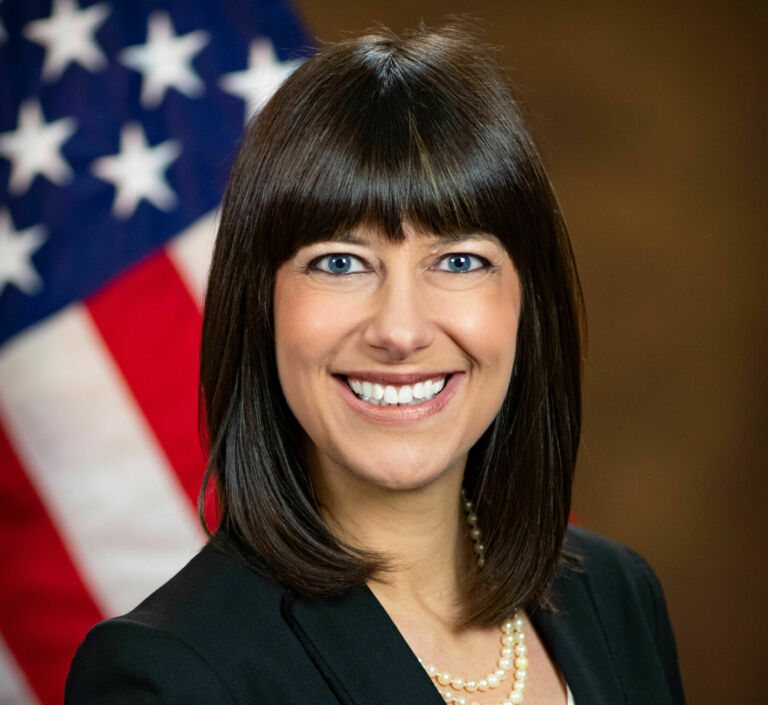John Yoo and John Shu respond at National Review Online to Peter Wallison’s recent defense of the Donald Trump indictment for his Jan. 6 actions.
Wallison’s focus on Trump’s bad acts leads him to the conclusion that there must be some criminal law that applies. This is the view against which Justice Robert H. Jackson warned. Wallison concedes that, based on the public facts, Trump did not commit insurrection or seditious conspiracy. But this strengthens our arguments that stretching and expanding the plain meaning of other statutes — such as those for fraud and obstruction — will make the case vulnerable to rejection on appeal.
Wallison also observes that Trump sought to put into action a plan to select alternate electors based on unreasonable legal advice. But it is highly questionable to prosecute people based on the legal advice that they received, no matter how outlandish, especially under circumstances where the issues are novel and no judicial precedents exist. Even lawyers in Brown v. Board of Education, Miranda, Griswold, and many other Supreme Court cases argued against the existing precedent and legal mainstream of their time. Trump was not a lawyer who could judge the reasonableness of the legal advice he received from a former U.S. attorney for New York City, a prominent conservative law professor and former Supreme Court clerk, and experienced litigators. We disagree with their advice because we do not accept their factual predicate — that there was sufficient voter fraud to change the outcome of the 2020 presidential election — but we also find it difficult to conclude that these attorneys and their client acted criminally by adopting these legal views. …
… In our view, the federal criminal laws do not cover the currently public facts of Trump’s conduct on January 6. The Supreme Court has urged that prosecutors not try to stretch federal fraud laws to punish hardball politics, even those that appear to include corruption short of bribery or kickbacks.


